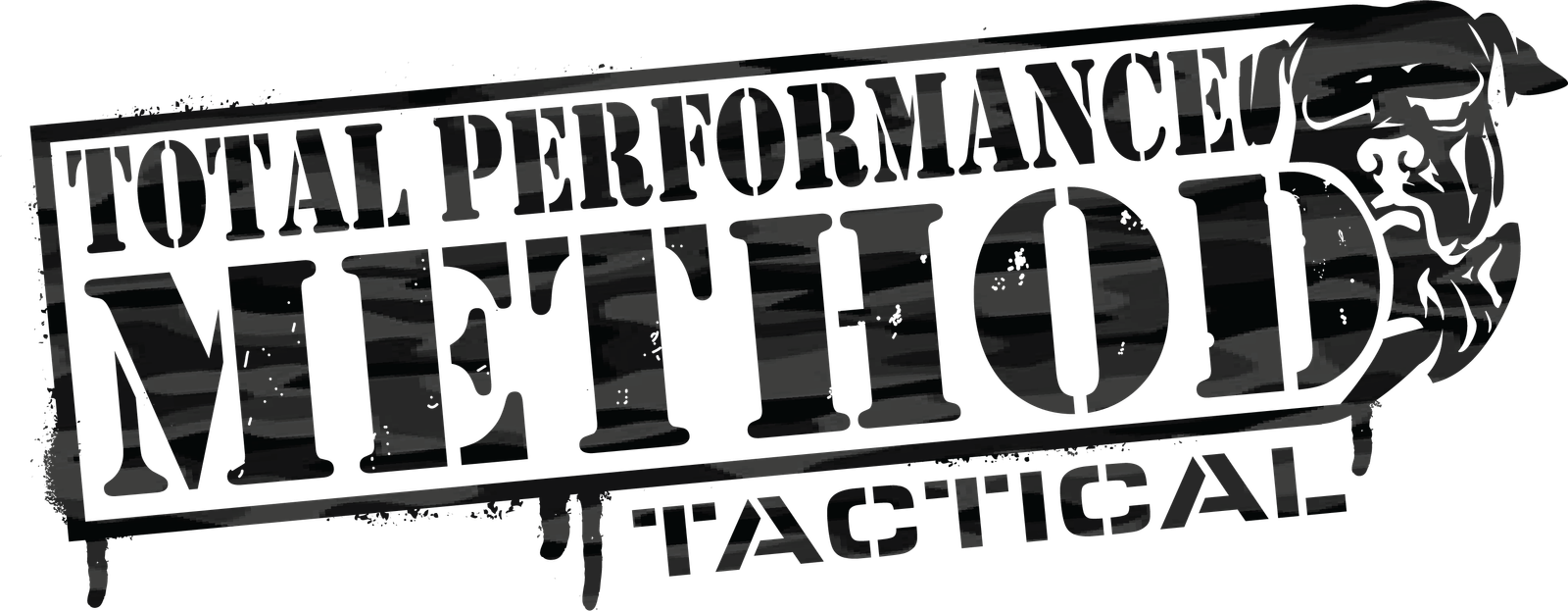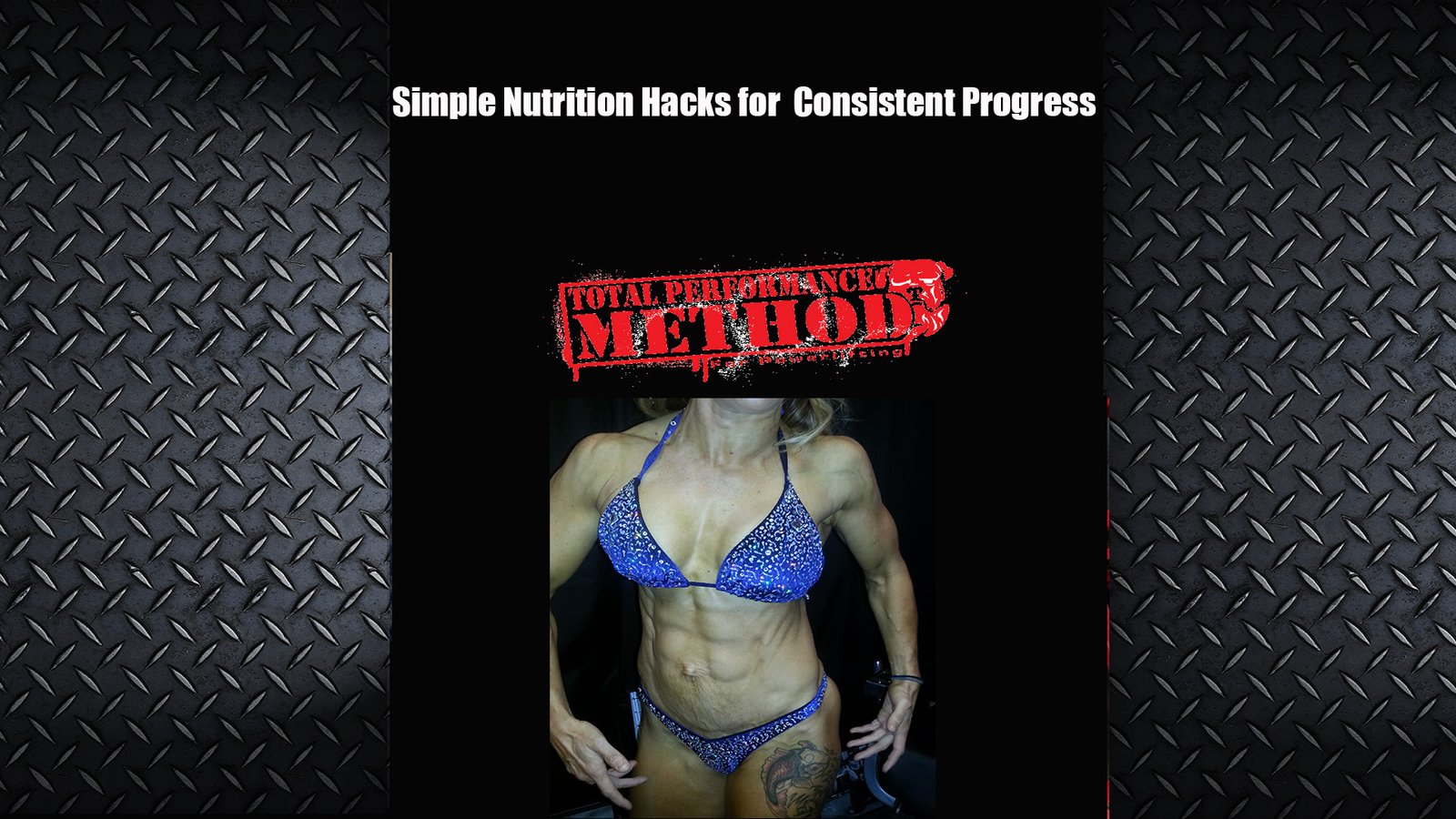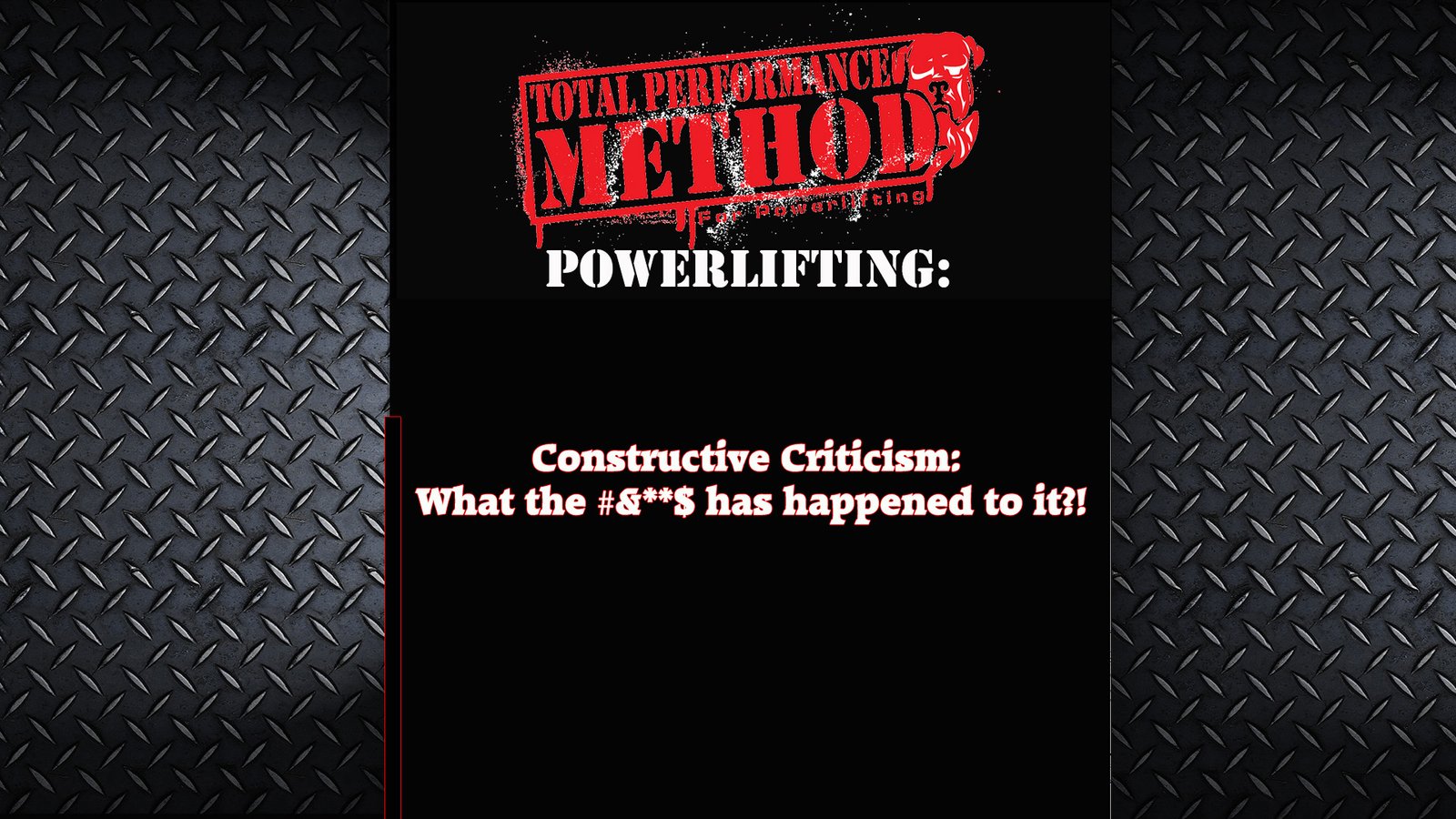Last month I received the following question from Monica W.
“Hi Molly! First off, thanks so much for taking the time to do this. I wish there was someone like you in my area that I could work with and ask questions like these. I guess this is the next best thing. My question is this: sometimes for days after working out, I am really sore and achy, or I feel like I have been beaten up. Is this normal? What can I do about it? Thanks for your time.” – Monica W.
Because there are many possible things that are causing these problems for Monica, I am splitting my answer into several parts. I already mentioned to Monica that I assume that she is following an intelligent strength training program, and last month I wrote all about sleep.
This month, I am going to talk about ways that Monica can improve her recovery.
Remember, you don’t get stronger when you’re training, you get stronger when you RECOVER from your training. Therefore, if you don’t recover, you don’t repair your body, you can’t train as hard the next time you train. Or if you do continue to train hard without recovering fully, your body will break down at some point. This could happen in the form of an injury, illness, or even an autoimmune disease. Here are some of my favorite recovery modalities (we already discussed sleep!).
1. Nutrition: If you don’t have the raw materials that your body needs to function optimally and repair itself, then your body won’t repair itself. It’s that simple.
Eat enough high-quality, nutrient-dense foods like: grass-fed beef, wild-caught fish, vegetables, and fats, and add in some well-timed carbs like sweet potatoes and fruit for optimal recovery. Learn more about how carbs fit into your diet for optimal fat loss here.
2. Soft tissue mobilization: This can be done on yourself using a foam roller, lacrosse ball, stick, or theracane. Or you could see a professional for treatment (massage, ART, etc.). But either way, soft tissue mobilization is one of the best (and most enjoyable, in my opinion) ways to speed up recovery.
3. Epsom salt bath: Epsom salt baths not only feel incredible, but they can help relieve muscle soreness and speed up repair. Epsom salt baths are also a great way to increase your magnesium levels. Many of us are deficient in magnesium and it’s not absorbed easily through the digestive tract, so absorbing it through your skin via an epsom salt bath is perfect. Learn about more recovery modalities here.
Stay tuned because next month I’ll be discussing stress management techniques.
By Molly Galbraith C.S.C.S.







Leave A Comment